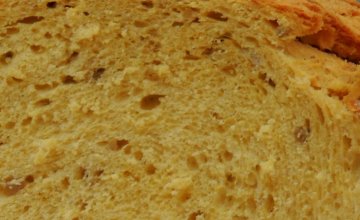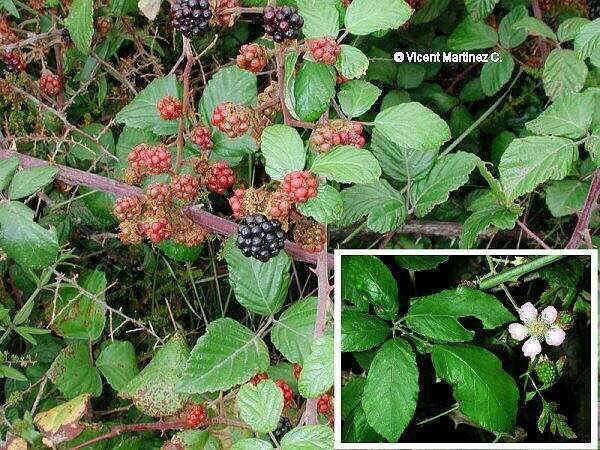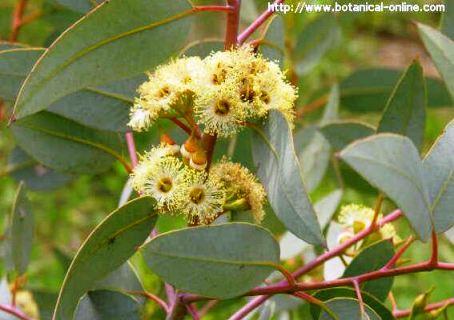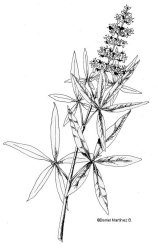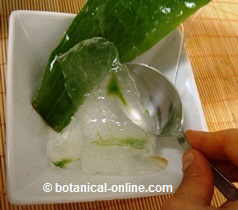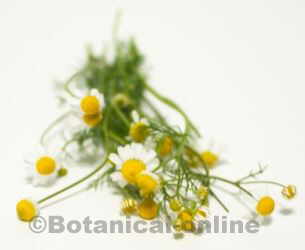Contents
Medicinal properties of asparagus
Together with carrot, and specially spinach, it constitutes a good beta carotene source, an element that is very important for the good health of our arteries, skin, or stomach. It also maintains our vision in good state and constitutes a potent anticancerous depurative
It is a very appropriate food for those who suffer retention of liquids, so that it should be habitually eaten by obese or arthritic people or by those who seek to reduce weight. Among the components that
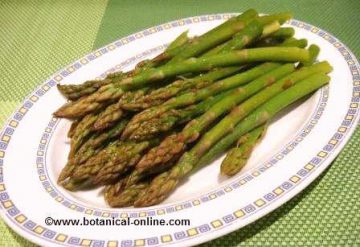
exercise this diuretic function we found some components as asparagine and arginine, two very abundant amino acids in this plant, as well as glyceric and glycolic acid, and fundamentally because of the action of saponins.
Calories of asparagus
They posses little caloric power – only 23 kcal for each 100 gr. – which allows to eat them abundantly without increasing our weight. Equally they are very rich in potassium that intervenes in the elimination of corporal liquids and in other very interesting processes as the bony calcification, the good state of the heart, the nervous system or the construction of the muscular mass.
Therefore, besides combating obesity, the asparagus should be used by those people that suffer from dropsy or accumulation of liquids in the organism; those that suffer from diabetes, or those people that, due to a sedentary work, usually tend to retain water or toxins in the articulations. (The same properties can also be gotten if, instead of eating this bud, we carry out one of the following preparations:
- Decoction of 60 gr. of root for a liter of water during 5 minutes. Two cups a day.
- Squeeze some asparagus and take a couple of spoonfuls from their juice a day.
Its wealth in fibers can be used to avoid constipation.
Asparagus, rich folic acid and zinc

It constitutes, together with red beet, one of the vegetables with most rejuvenating properties whose consumption can maintain us younger for long. This property is due to the presence of folic acid, of which this plant is very rich. This acid contributes to the creation of new cells and also, together with iron, in the production of red blood cells. Methionine also intervenes in its creation beside being necessary for hair, fingernails or skin. Its consumption makes our skin to attain a younger and healthier aspect.
Zinc is another of the rejuvenating elements, very important for the good health of the brain and to increase fertility and libido. In the same way, this chemical is interesting for the good health of the hair, preventing baldness or alopecia To take advantage of these properties it would be convenient to eat this food raw, since the folic acid gets lost when cooking it. This is possible by cutting asparagus in thin sheets to combine them with other vegetables in salads.
Other vitamins and minerals of asparagus
- Asparagus contains many minerals and vitamins, so that it is very appropriate to carry out cures of asparagus in spring that will clean the organism and will avoid the appearance of asthenia.
- They are very rich in vitamin C, another fundamental antioxidant, necessary to eliminate waste elements that accumulate in the organism after ingesting many commercial packed food, plenty of preservatives and colorants that produce nitrosamines very harmful for health.
- Also necessary for the formation of collagen that is the base for bones, nerves or tendons, or the absorption of the iron, whose deficiency causes cicatrizing problems, a bad state of the teeth or lack of energy in general.
- They contain a lot of vitamin E that favors the oxygenation of the cells, increasing the corporal vigor and, as well as vitamin C, it constitutes an essential antioxidant able to neutralize the free radicals. It prevents the degeneration of the heart, increases the libido and avoids spontaneous bleeding.
- For their great content in vitamins of the group B and phosphorus, they are very appropriate to combat the spring asthenia, to eliminate the problems of nerves or to strengthen the mind.
- An infusion of Asparagus buds can be very useful to lower cholesterol.
- In external use the resulting juice of the decoction during half hour of a bunch of asparagus can be used to eliminate the stains of the face if we wash it with the resulting liquid every morning and night.
Asparagus oxalic acid
Regarding this topic, there is a strong discussion whether asparagus dissolves the kidney stones or if it is really responsible to form them.
The most widespread opinion seems to be in favor of the first point of view.
In spite of the diverse opinions, we should consider that they contain a moderate amount of oxalic acid, so people suffering from a tendency to develop calcium–oxalate kidney stones or gallstones should control its ingestion.
How to eat them?
It would be ideal to eat them raw together with other vegetables in salads. They can eaten alone if we add them some lemon drops. The tips of wild asparagus are delicious to carry out omelettes and they can be used to elaborate a good soup just as we mention below:
Main nutrients of asparagus
The table below shows the main nutrients of asparagus:
Composition of asparagus per 100 g | |
Water | 92,4 gr. |
Energy | 23 Kcal |
Fat | 0,17 gr. |
Protein | 2, 28 gr. |
Carbohydrates | 4, 54 gr. |
Fiber | 2,1 gr. |
Potassium | 273 mg |
Sodium | 2 mg |
Phosphorus | 56 mg |
Calcium | 21 mg |
Magnesium | 18 mg |
Iron | 0,87 mg |
Zinc | 0,46 mg |
Vitamin C | 13, 2 mg |
Vitamin B1 | 0,140 mg |
Vitamin B2 | 0, 128 mg |
Vitamin B6 | 0, 131 mg |
583 IU | |
Vitamin E | 2 mg |
Folacin | 128 mcg |
Niacin | 1, 170 mg |
Source: USDA Nutrient Data Base
![]() More information on asparagus
More information on asparagus

